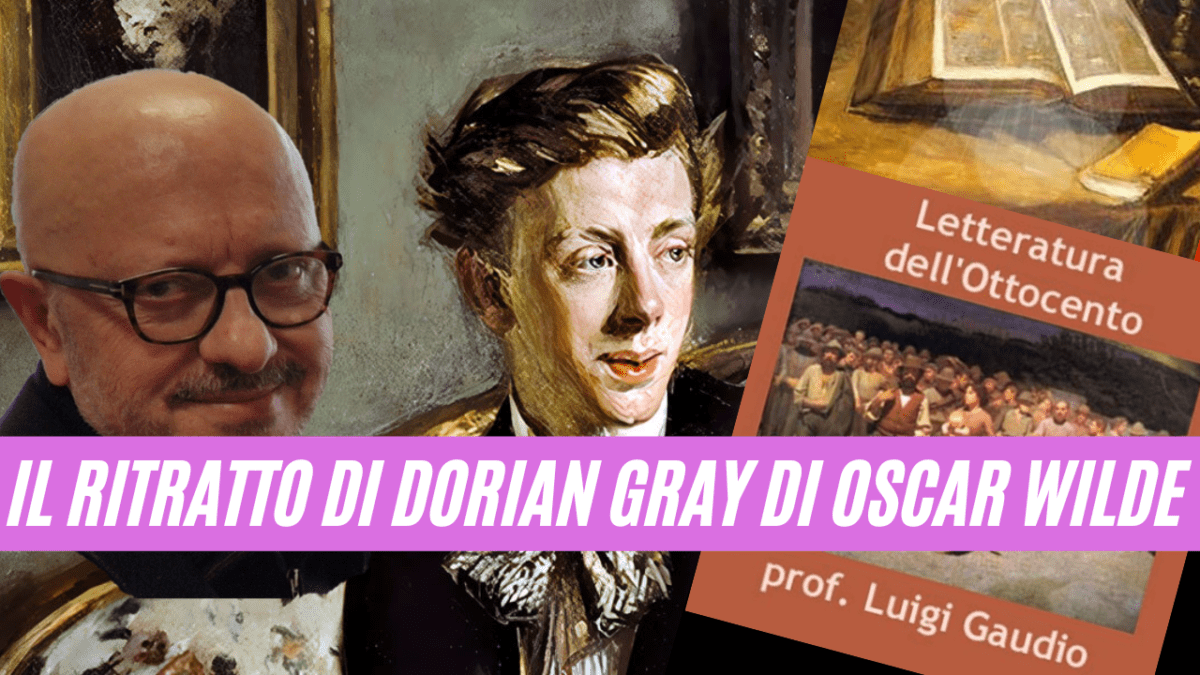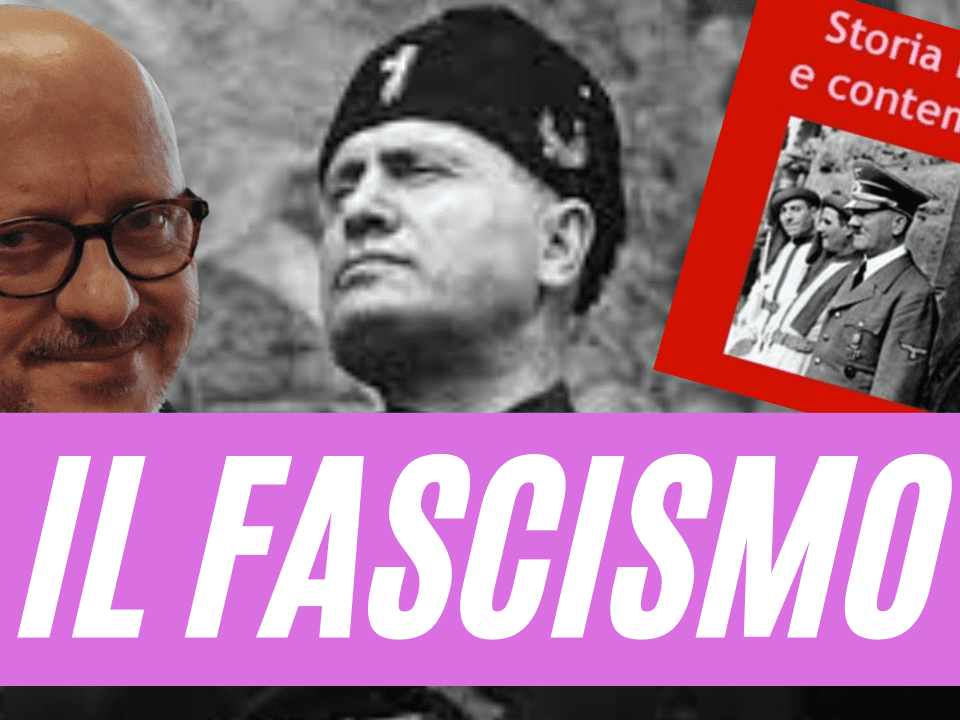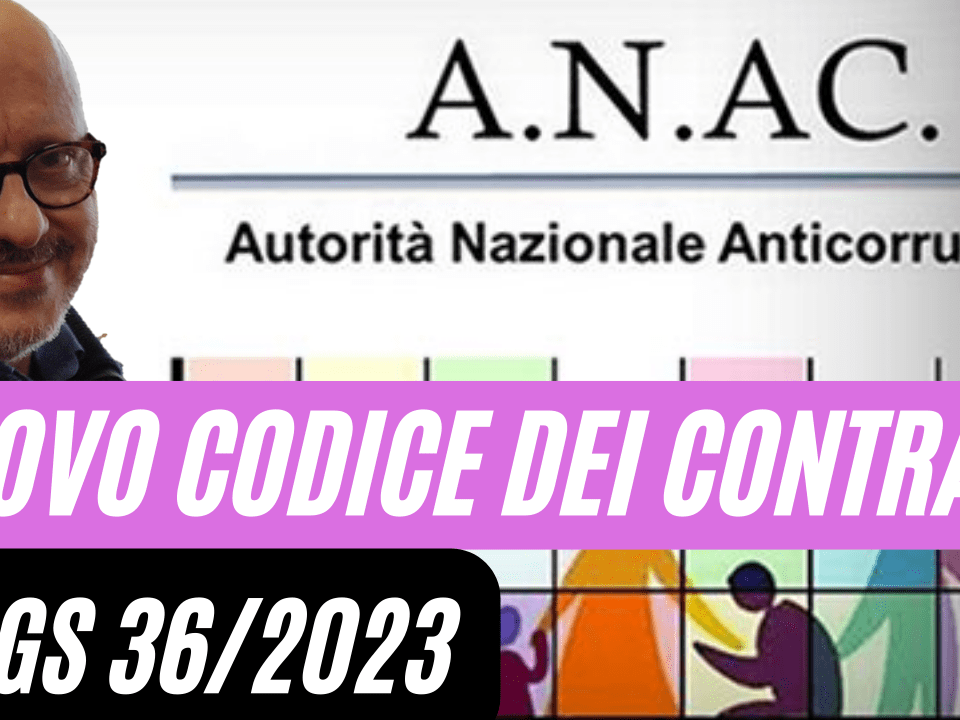
“The strange case of Dr. Jekyll and Mr. Hyde”by Robert Louls Stevenson
27 Gennaio 2019
Gabriele D’Annunzio
27 Gennaio 2019Uncertainties and lack of truths and values in the last two decades of XIX century
“There is no such thing as a moral or immoral book. Books are well written or bad written. That is all”
Preface to “The Picture of Dorian Gray”, by Oscar Wilde
The last two decades of XIX century were characterised by uncertainties and lack of truths and values: this atmosphere was caused by the rapid social changes, which followed industrial revolution.
In 1887, on the occasion of Queen Victoria’s Golden Jubilee, Alfred Tennyson, the official voice of the age, celebrated order and middle-classes optimism, writing:
“Fifty years of ever-broadening Commerce
“Fifty years of ever-brightening Science
“Fifty years of ever-widening Empire”
In spite of this brilliant portrait, reality was quite different and the supremacy of the Empire was menaced by the first economical world crisis, which took place from 1873 to 1896, and the appearance of new industrial powers, like the USA, that was emerging with the newest technologies, while the traditional English industry dropped behind. Especially the cheap import of American agricultural products ruined many English farmers: unemployment increases and the old social structures were undermined. Thus, orthodoxy and the “natural” laws of society, which most Victorians took for granted, were exposed as outdated ideological constructions, by artists and thinkers like Wilde and Shaw.
Utilitarianism was the leading cultural current till that period: in Dickens’ masterpiece, “Hard Times”, the city of Coketown represented utilitarian view of the world and the dreary consequences of a similar frame of mind. But all those myths now were fallen: it was widespread an atmosphere of unfaith towards the science and the progress. The artist feels himself as an outcast: he cannot stand the stem and hypocritical moral code set by bourgeoisie and the materialism of middle classes. He blames society for its vulgarity, its bad taste, its inability to understand art and the value of beauty, which has been substituted by the profit. He lives in a society, ruled by conventions, that he regards as devoid of foundations: he feels the myths, in which lower classes believe, as fallen and, now, since “God is dead”, the moral has no worth and he has nihilistic view of the world. To represent this atmosphere, I have chosen, “The Importance of being Ernest “, by Wilde, and “Arms and man “, by Shaw.
Fundamental in that period was the figure of Oscar Wilde, who adopted completely the aesthetical ideal, as he affirmed “My life is like a work of art “. His works, his behaviour and his amusing wit rushed on literal stage, shocking the audience of the age. In the 1890s, conventional literary criticism generally believed that fiction should hold a mirror up to nature and, thus, expose the shortcomings of life (moralistic and didactic). The average Victorian critic expected a literary work to reflect reality in an authentic way, with the author attaching a moral message to this imitation of reality. In order to represent the world authentically, authors were only allowed to express their own experiences and personal observations of life. In this literature, the artistic form was considered to be means, not the end. Wilde’s aestheticism clashed with this moralistic view of literature. The artist is the creator of beautiful things without any concern for moral matters or an accurate representation of reality. Art is autonomous and not mimetic. Wilde declared that art should express nothing but its own beauty. Since the reader determines the moral content of a literary work, art could not have a moralising function. Indeed, virtue and vice are only used by the artist as raw material in his or her art. ( “No artist has ethical sympathies. An ethical sympathy in an artist is an unpardonable mannerism of style “).
“The Importance of Being Ernest” is Wilde’s most famous play and it is about two young aristocratic men, Jack Worthing and Algernon Moncrieff: both of them, to facilitate their relationships with ladies, pretend to be Ernest, a brother invented by Jack . A comic situation is created when Jack and Algernon face each other and the two young women, they are flirting with, find that they are engaged to the same Ernest Worthing. Amusing puns and misunderstandings, paradoxes, or ironic remarks characterises the play. The title is a pun itself.- the name Ernest (misspelling for Earnest) evokes the adjectives “honest, sincere”, while none of the characters is truthful. In writing this play Wilde aims at inverting the traditional values of the serious and the trivial, penetrating the fortress of Victorian morality arid criticising the hypocrisy of his own society. For instance, the institution of the marriage is subverted regularly throughout the play:
ALGERNON.- Good heavens! Is marriage so demoralising?
LANE.- I believe it is a very pleasant state, sir. I have had very little experience of it. I have only been married once. That was in consequence of a misunderstanding between myself and a young person.
Another example is provided during a dialogue between Algy and Jack: the young aristocrats desecrate even the sacrament of baptism, in order to get the identity of Ernest. This is the realization of dandy ideal: there is no moral law, everything is tolerate to get our purpose.
ALGERNON.- I have just made arrangements with Dr. Chasuble to be christened under the name of Ernest. JACK.- We can’t both be christened Ernest. It’s absurd. Besides, 1 have a perfect right to be christened Ernest if I like. It is entirely different in your case, you have been christened already.
ALGERNON.- Yes, but 1 have not been christened for years.
Shaw discussed the main topics of his age, such as materialism and idealism, religion, equality of women, in a new form of theatre, called “the drama of discussion or ideas”. The characters he created are identified with particular ideas and social institutions, they are brilliant speakers, but lack any signs of human wan-nth, they are pure cold intellect. The dialogue remains the best element, since it conveys consistent ideological implications. For these reasons, Shaw could not appreciate Wilde’s theatre: actually he declared: “I cannot say that I greatly cared for The Importance of being Ernest. It amused me of course,- but unless a comedy touches me as well as amuses me, it leaves me with a sense of having wasted my evening. “
The play “Arms and man ” is a parody of military heroism, that shows the contrast between realistic and romantic morality: the reader can perceive the shift between the poetic mentality of Raina, daughter of a wealthy Bulgarian, and the concrete position of a Swiss officer of Serbian army about the theme of war.
The passage, that is referred to the conversation between the two characters, portrays this clash of cultures. At the beginning, it is presented the character of Raina, who is adoring the picture of is lover, Sergius, (“My hero, my hero “): she has a romantic view of war and she is dreaming to this wonderful world, when she hears distant shots, then two more shots, much nearer. Suddenly an injured Serbian officer breaks into her room and in a brief dialogue, since he is being followed, they compares their views about the world and he gives his materialistic experience of the war, destroying her dreamy prospective. Let’s consider just this exchange of words:
RAINA: Some soldiers, 1 know, are afraid to die.
THE MAN.- All of them, dear lady, all of them, believe me.
THE MAN.- Remember-
RAINA: Yes?
THE MAN.- -nine soldiers out of ten are born fools.




